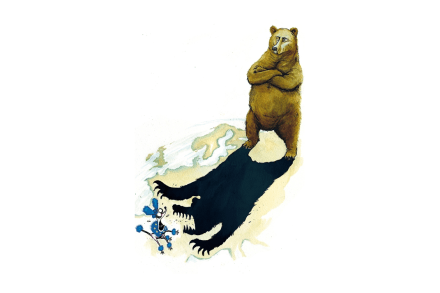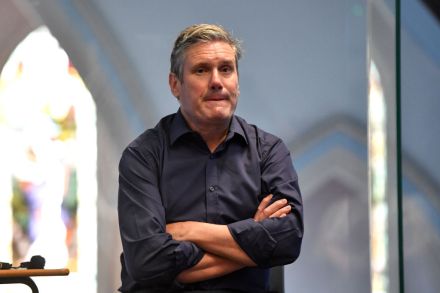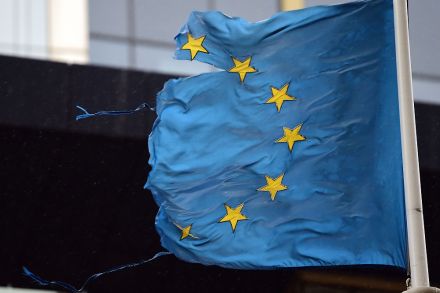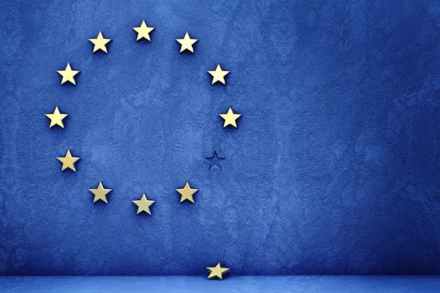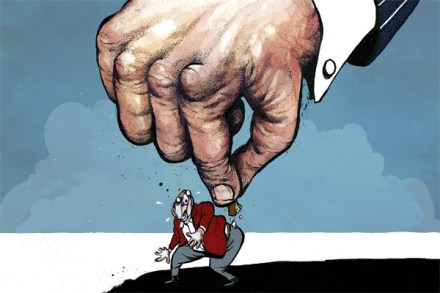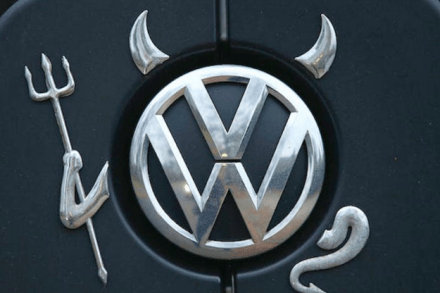Guy Verhofstadt claims Olympic gold for the EU
Who is on top of the gold medal table at the Tokyo Olympics? China? The United States? According to former European parliament Brexit chief Guy Verhofstadt, it is, in fact, the European Union that is triumphing at the games. While you have to go down to seventh place in the Olympics leader board to find an EU country (Germany), Verhofstadt appears to have his own scoreboard: ‘Fun fact,’ he wrote on Twitter: ‘EU combined has more gold medals than US or China’. Verhofstadt went on to say that he would ‘love to see the EU flag next to the national on athletes’ clothes’. Mr S wonders whether this is all just a ploy to ensure that Verhofstadt’s Belgium





